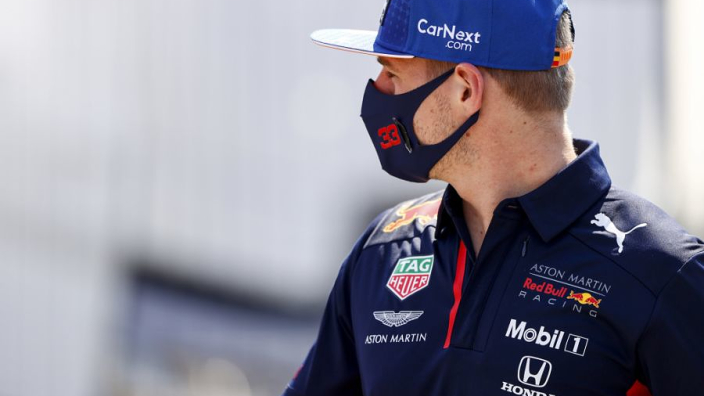The European Commission should be much more transparent about the negotiations with pharmaceutical companies about a corona vaccine. That says the European patient organization EPHA. There is also criticism in the European Parliament: because of the secrecy of the Commission, nobody knows what is in the contracts concluded on behalf of all Europeans.
Negotiations between the Commission and six pharmaceutical companies are taking place completely behind closed doors. The British business newspaper Financial Times recently revealed that in those negotiations, pharmaceutical companies have asked governments to bear the costs if a vaccine has hidden flaws and is actually making people sick. People who fall ill could then go to court to claim compensation from the pharmaceutical company, but governments would eventually pay for it.
“Full transparency is crucial”, says Bas Eickhout, MEP for GroenLinks now. He wants to know to what extent companies have actually been able to negotiate with the European Commission that they do not have to pay for any damages themselves. “We have to ensure that there is confidence in the vaccine. That can only be done by being transparent and by placing responsibility with the developer. They should not pass the responsibility on to the government.”
Unreasonable demands
Officials from the European Commission have heard that taking over some of the risks by governments is not surprising at all. The governments want a corona vaccine as soon as possible, so companies are now not spending ten years, but only one year for its development. This makes it difficult to investigate which side effects a vaccine has in the long term. The risk that problems will arise in small specific groups of patients is therefore growing.
At the same time, those officials say that there should not be cutbacks on safety and that safety should always come first. The European Patient Organization EPHA agrees. That is precisely why contracts should be public, says Yannis Natsis of the patient organization.
“There is pressure on all sides to come up with a vaccine quickly,” says Natsis. “But that shouldn’t mean that pharmaceutical companies can make unreasonable demands. The best way to prove that this isn’t happening is to publish the contract – or at least the sensitive parts of it – so they can assure us that public health has the highest priority. “
‘You throw in your own windows’
But whether publishing is that easy is the question. Pharmaceutical companies can therefore see each other’s contracts. If the EU pays 5 euros each for one vaccine, the next pharmaceutical company will see that as a minimum price, so is the fear.
CDA MEP Esther de Lange therefore does not think more transparency is desirable at this time. “Of course I would like to see the contract, but still my position is: you throw in your own windows if you make everything public. The vaccine may then be more expensive, companies may be less inclined to speak to you and we now mainly want a vaccine.”
The Commission hopes to receive the first vaccines by the end of this year, but that will still be a small amount. Only next year would really large parts of the population be vaccinated.
–


